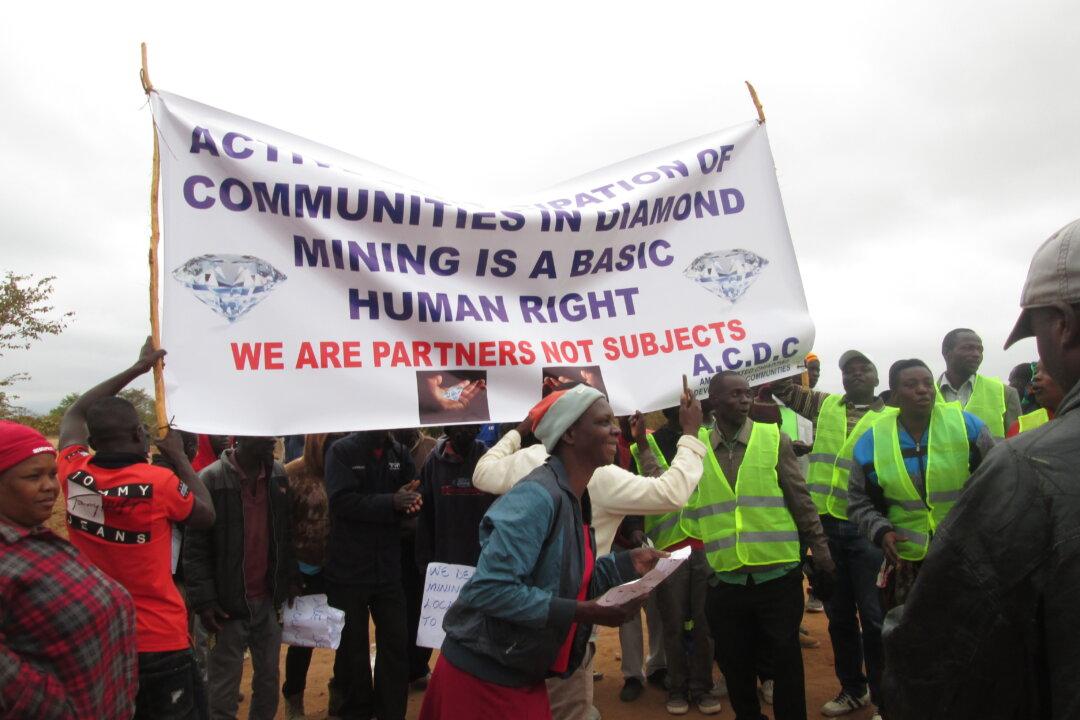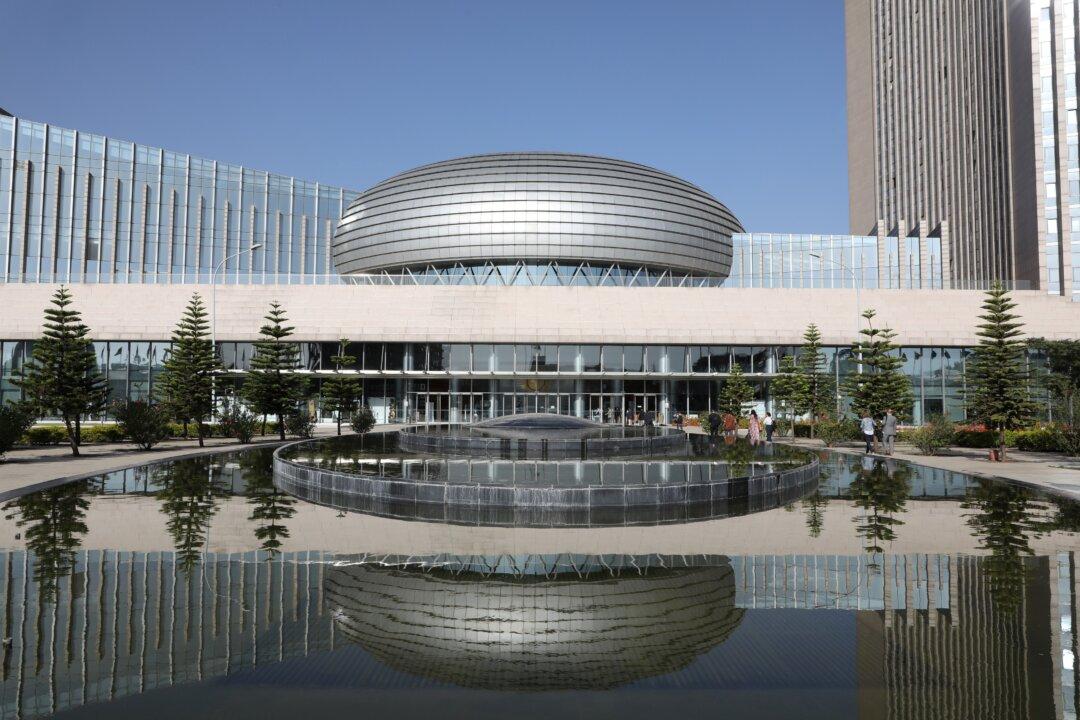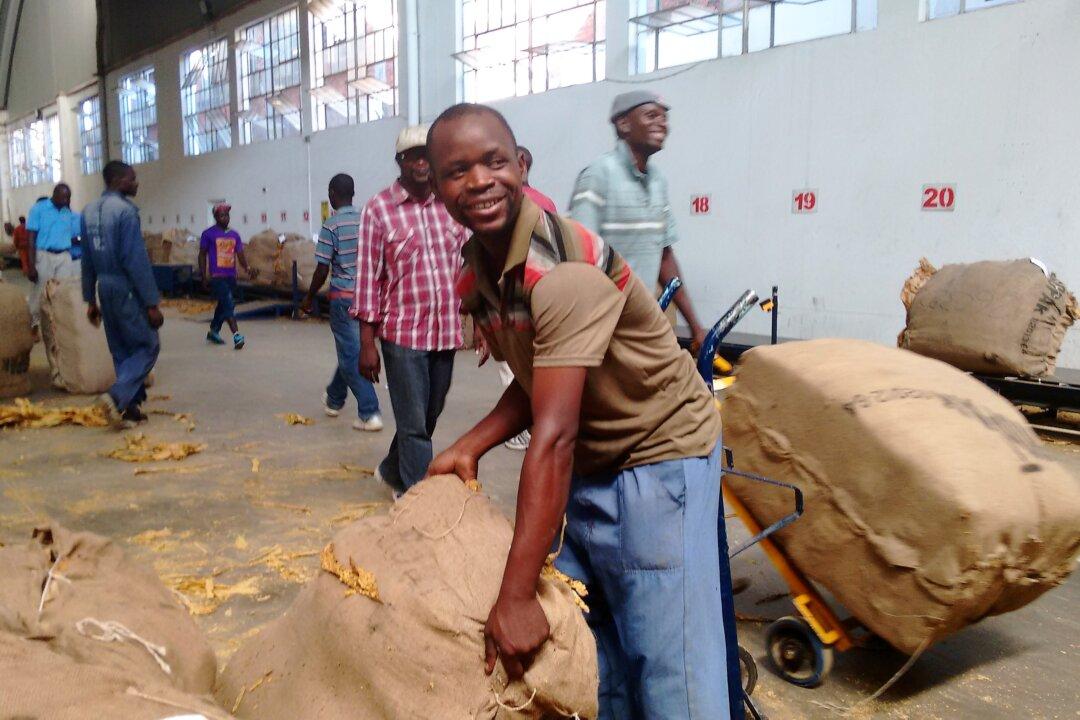MUTARE, Zimbabwe—Workers at some Chinese companies in Zimbabwe are experiencing abuse and mistreatment, activists say, claiming that because China is the biggest investor in Zimbabwe, the companies enjoy protection from Zimbabwe’s government against allegations of abuse.
Cosmas Sunguro, formerly employed by Anjin Investments Ltd., a diamond mining company that operated in the Marange diamond fields in Zimbabwe, said working conditions at Chinese-owned companies aren’t good.





